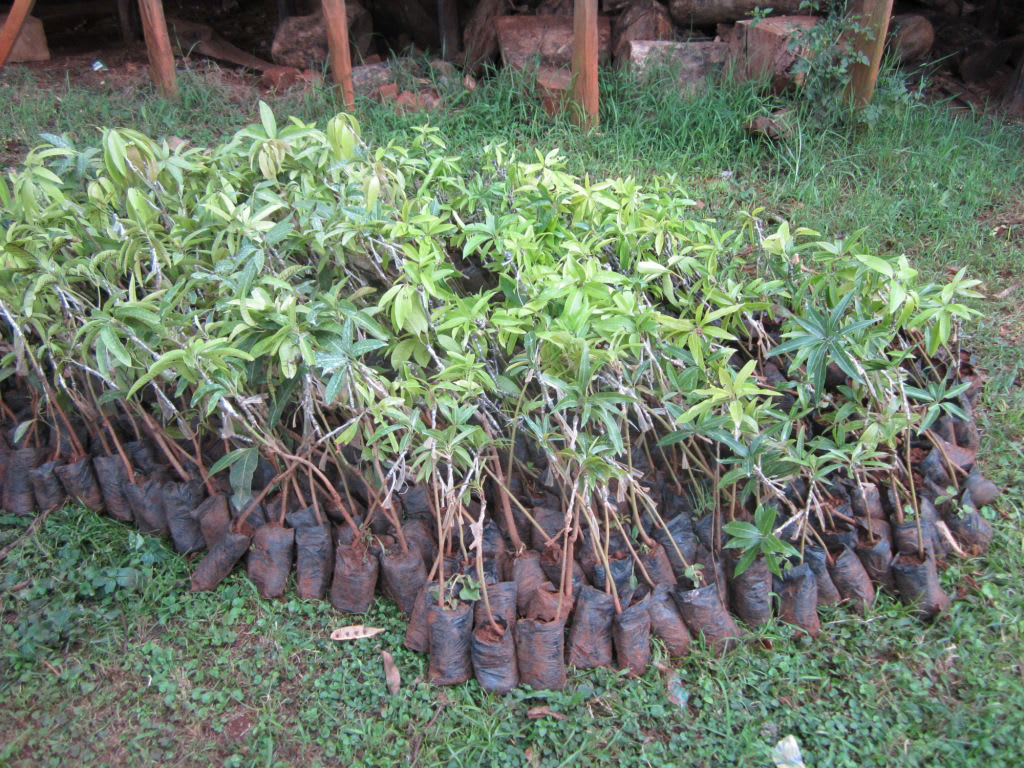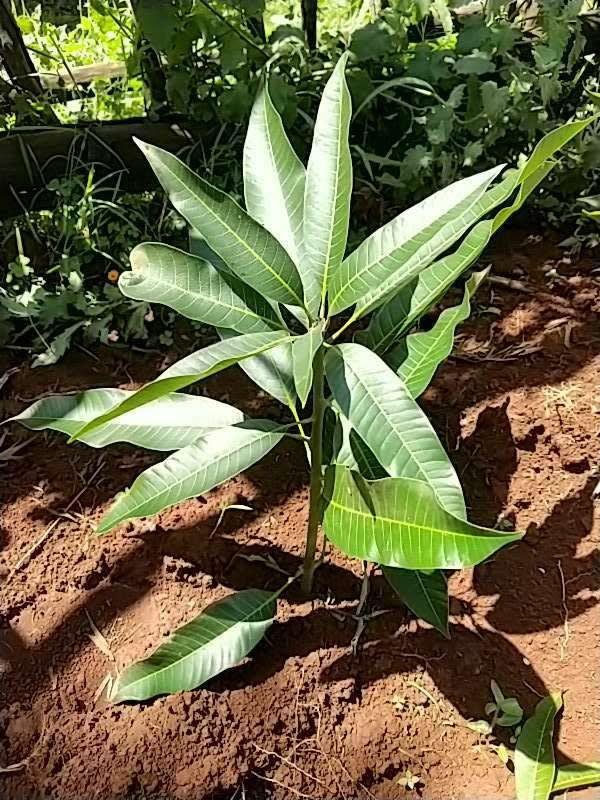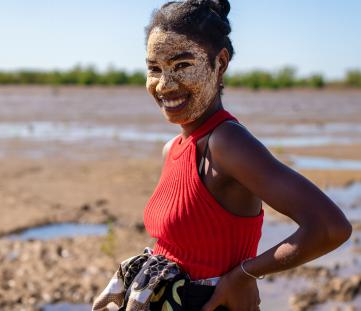ID: L7P-JZP
ID: L7P-JZP
Mango
Mangifera indica
Photo
Kenya
07:27 - 13°C
My connections
My ID card
Who am I?
Date of birth
09/29/2015
Name
Mango
Tree
Mango
Where am I located?
Country
Kenya
Place of birth
Kisii County
Coordinates
0° 46′ 10.47″ S
34° 54′ 19.18″ E
/34.905328446875,-0.769574456875,0/500x333@2x?access_token=pk.eyJ1IjoidG9tbWFzb3NwZXJvbmkiLCJhIjoiY2tnOTE3eW12MDJqazMybXNzOWV1YjloOSJ9.wtGsuDU7XIKjcv2cq8CiXw&logo=false&attribution=false)
My Timeline
The important moments in your tree's life.
Seed
It all starts with a tiny seed, nice and warm in the soil.
Nursery
Your seedling is big enough to be welcomed into one of our nurseries, along with many others.
Planted
We’re here! Your tree has reached its new home: it’s been planted by a smallholder, who’ll take care of it for years to come.
Photo
Strike a pose! Now that it’s big enough, here’s a photo of your tree!
My Gallery
Nursery

Planted
/34.905328446875,-0.769574456875,0/500x333@2x?access_token=pk.eyJ1IjoidG9tbWFzb3NwZXJvbmkiLCJhIjoiY2tnOTE3eW12MDJqazMybXNzOWV1YjloOSJ9.wtGsuDU7XIKjcv2cq8CiXw&logo=false&attribution=false)
34° 54′ 19.18″ E
Photo

Curiosity about me
The important moments in your tree's life.
Let's start with introductions
The Mango thrives in tropical and subtropical areas. Few people know that it can grow up to 45 meters in height and can produce great quantities of fruit: it can be eaten fresh or processed and used in many different recipes. Actually, that is the reason why it is planted: to provide fruit to the local population, who can eat it or trade it.
Meaning
Happiness
The mango is the fruit of sun and joy for its color, perfume, and taste.

How much CO2 I’ll absorb
My estimated CO2 absorption capacity is based on the first 10 years of my life*
Current absorption
- 630 kg
2015
0 kg
2025
-700 kg
* The tree will continue to absorb CO2 even after the tenth year. Therefore this is a prudent estimate.
How I am useful to local communities

Consumption and sales
Its fruits, seeds and/or leaves are used as food in the farmers' families or are sold on local markets.

Cosmetics
Raw materials are extracted from its flowers, fruits and/or leaves to produce creams or powders.
My benefits
90%
Food Security
The trees will bear fruits, some that will be edible immediately and others that can become edible through processing, ensuring food resources over time.
100%
Economic development
The trees' fruits and the products derived from their transformation can be traded in local networks, offering income opportunities.
80%
CO₂ Absorption
During its life cycle, each tree will absorb CO₂. The trees you plant can offset your emissions.
70%
Environmental protection
The trees are planted in agroforestry systems that favor the virtuous interaction between the different species and their positive impact on the environment and on the land.